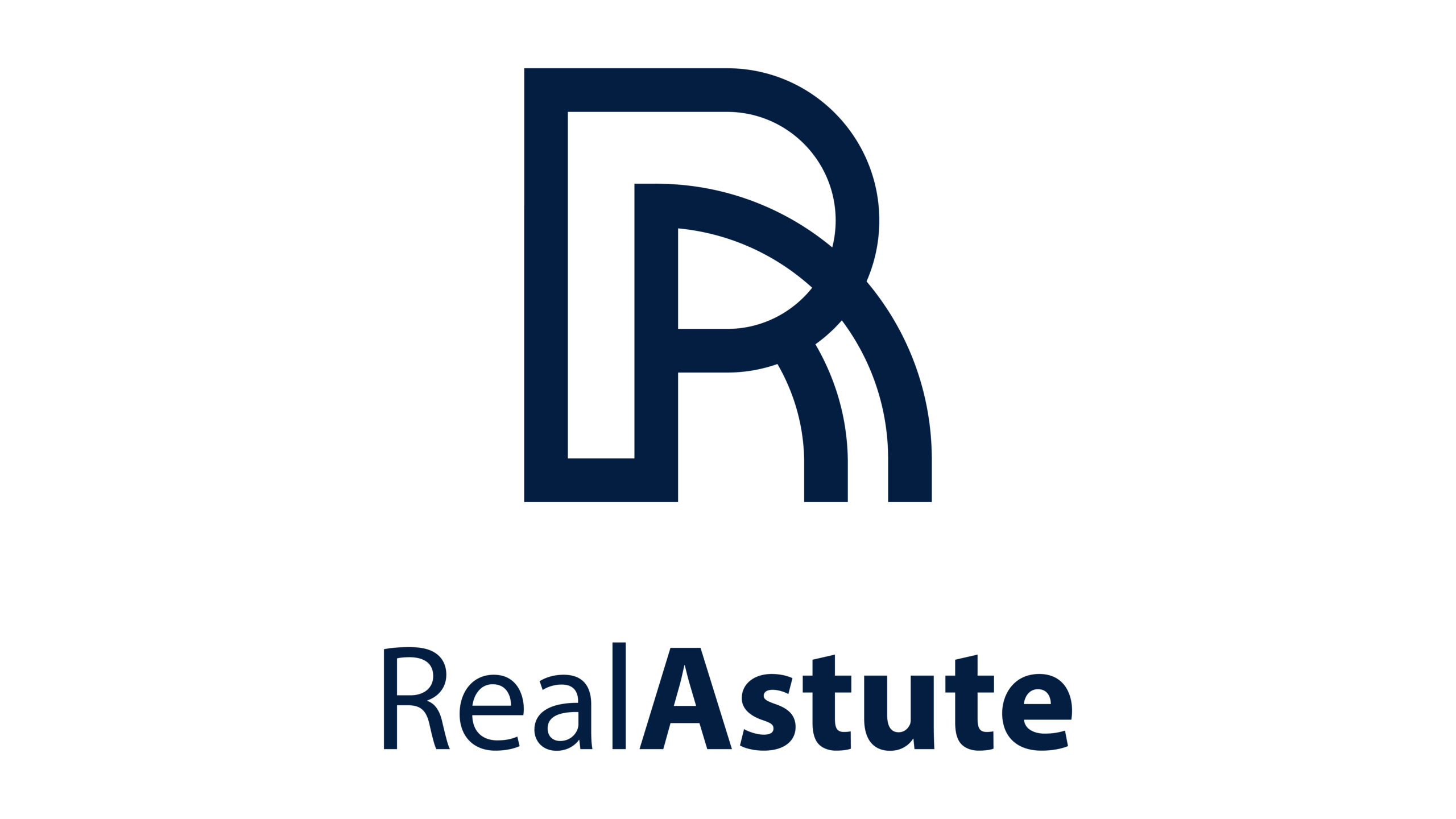
Lean into Mindfulness to Combat Procrastination
Kevin Shirley, Associate Broker (DC), ASP, GRI, e-PRO
No matter how skilled you are, you will likely lose your real potential to get things done efficiently if you tend to procrastinate. In simple terms, procrastination is defined as the habit of delaying tasks rather than tackle them when they’re scheduled. Research reveals that most adults’ procrastination habit is common, leading to harmful results for university students and office employees alike. Many people report unfavorable outcomes due to extended delays in essential tasks. The list may include depression, anxiety, stress, and poor performance.
If you are also experiencing great difficulty due to procrastination, finding some trusted ways to deal with this bad habit is helpful. One of the best recommendations from experts is to employ mindfulness to take advantage of cognitive benefits, such as heightened awareness and maintaining attention. Mindfulness is the ability to be fully present, aware of where you are and what you’re doing, and not overly reactive or overwhelmed by what’s going on around us. This technique also improves your abilities to sustain enhanced self-control while ensuring enhanced protection against procrastination.
When and how we use to procrastinate in life?
Procrastination happens with the birth of some negative emotions such as boredom, anxiety, overwhelm, and frustration. As these emotions make us feel uncomfortable while causing some pain in the brain, we automatically avoid the associated tasks. This same story may be repeated several times a day, and it slowly turns our life into several troubles. Instead of dealing with those negative emotions that stop us from doing essential tasks, people try to do something else that appears pleasing to them.
Studies reveal that many people even spend most of their time on social media due to the same force of procrastination. Instead of executing the pending tasks on time, they keep on scrolling the Facebook feeds for hours to enjoy false pleasure. However, somewhere inside, those procrastinated tasks keep on creating stress and anxiety.
This is why experts advise the following mindfulness to deal with all negative emotions that give birth to procrastination. It may help you to control your behavior while providing the right direction to your thoughts. It is already proven that procrastination is mainly a result of diminished self-regulation. When we are not able to regulate our actions as intended, it automatically leads to adverse reactions. Effective self-regulation leads to emotional regulation, which is further linked to mindfulness. There is clear evidence supporting the need for mindfulness in dealing with procrastination.
How can mindfulness combat procrastination?
Emotions play a vital role in human life. They are adaptive and have some motivational characteristics as well. In some cases, emotions also give birth to fear, which stops us from executing specific tasks, even when they have high priority. But to maintain a regular flow of activities in routine life, we need to do careful task management. It is critical to deal with negative emotions while directing our behavior towards the task; instead of moving away from it.
The foremost task in dealing with procrastination is to become aware of your emotions. Simple emotional awareness can automatically promote self-regulation. Studies show that mindfulness is the best way to propel executive function into action. Mindfulness helps to cultivate focus and concentration about the present moment. It further activates sensory cues so that you can deal with the negative emotions. This process can help you achieve better control of your activities, so you can complete tasks on time.
One of the most helpful things to know about mindfulness is that it gives us the ability to have non-judgemental acceptance of our thoughts. People for whom mindfulness is natural are likely to commit fewer errors. Moreover, mindfulness enhances executive function and control.
How to engage mindfulness to deal with procrastination?
Several practices can help you achieve mindfulness to deal with procrastination. Below are a few of them to help you achieve the desired results:
- Meditate daily: Daily meditation practice is one of the highly recommended approaches to deal with negative thoughts. It can set up a positive foundation to ensure enhanced personal growth. When you sit down to meditate, the main idea is to put the entire focus on your breath. There is no need to stop or eradicate stray thoughts. Instead, you need to simply call your attention back towards breath.
- Build awareness and reduce distractions: Another trusted solution to deal with procrastination is to build awareness. You need to recognize your negative emotions and their impact on your mental health. When you recognize those harmful thoughts, you can find ways to stay away from them. Set up your to-do list and stay away from distractions like email notifications and social media updates. This will help you stay focused on the priorities and execute tasks on time.
- Deal with emotions: Human beings are often affected by negative emotions. We may feel frustrated, anxious, bored, and overwhelmed at times, and these mood swings can further affect our performance at work. It is crucial to find a healthy mechanism to deal with these negative emotions. The best idea is to recognize your emotions to act maturely to get rid of them. Give value to positive emotions while discarding the negative ones that can otherwise force you to keep things pending for the long run.
All these practices can help you improve mindfulness while gaining the ability to acknowledge your own thoughts, feelings, and bodily sensations. This therapeutic technique can easily ensure a pleasant experience in life. People who practice mindfulness are likely to achieve self-discipline, self-compassion, and enhanced ability to deal with distractions. It is a proven technique to eliminate procrastination, and soon you will be able to enjoy an organized lifestyle.






